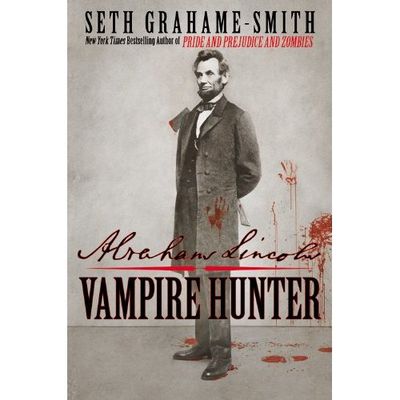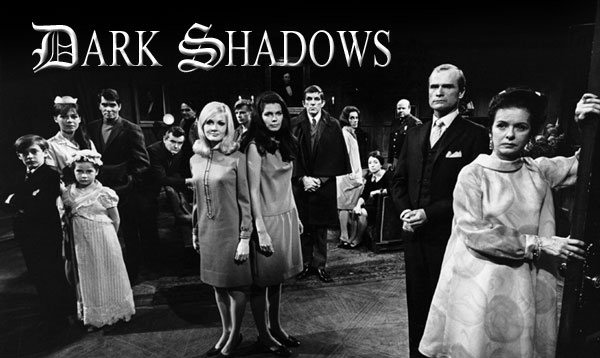Been hitting up some of the lines recos. And lo, they have been good

 The King of Trees by Ah Cheng
The King of Trees by Ah Cheng
An interesting take on the 'Cultural Revolution', with the emphasis on personal relationships built during that time, and all the depravities and excesses cast merely as backdrop. The first of the three stories struck me as more of a parable, and was in some ways the least effective for all that (I don't think even the hardiest soul can kick a whetstone in two). The idea of recreating that time with a 'ground level' approach is still pretty effective though.
(+)
---
 The Golem by Gustav Meyrink
The Golem by Gustav Meyrink
A febrile dreamscape so organically jagged and convincingly twisty it's like being lead down a wrong path in Aleister Crowley's mind. The opening sections were such a well executed mesh of thunderous, sibilant, morphing aspects that I almost jumped out of my skin and didn't come back. Glad I did though, as it's many things this story. A series of conspiracies, told amongst architecture lit by gas lamps and the glow on eyes and skin. A story peered at through many windows.
If it has downsides they stem from the author's own strengths. A man that thought the philosopher's stone could be found in the sewers beneath Prague can conceive of some fairly fanciful things. For all the descriptive dexterity on show many of the conceptual tracts terminate in gnostic nonsense. One 'chose the red seed' strand even had me thinking of the Matrix. But on the plus side, he really plumbs some human depths, all while conjuring up a fantastically dark ride.
++
---
 "Yellow Kid" Weil as related to WT Brannon
"Yellow Kid" Weil as related to WT Brannon
Although not quite a bedside shot at redemption, these recollections of Joe 'The Sting' Weil should still be considered 'too much of a good thing'. There are cinematic levels of adventure here that beggar belief: from conmen fleecing conmen in a parade of party dress and silky subterfuge, to failed escapes ending in slides down oiled lift wires (towards giant enraged victims), and 'seat-of-your pants' improvisations that spin gold out of a mess.
It is possible these tales are on the money, as the rest of Weil's time is spent in the involving minutiae of setting up a job. That side certainly comes across as plausible. He also paints a convincing portraight of the life of a conman - spending big to maintain not just an illusion of respectable wealth, but to fuel the momentum of a life lived on the edge. Planning meticulously ahead, but enjoying the delayed hedonism of success all the more when it comes. What feels less rife with fidelity is his habit of spinning cons as nigh moral actions, exacted exclusively on greedy swine. It's pretty clear that he didn't spend his twilight years as a fund-raiser for charities purely because his criminal persona had been exposed. The man felt guilt. And that's doubtless because his cons also require him to extend the 'help me out' hand of collusion for them to work. (Plus not all his victims were 'Reich colluding' non-patriots and the like - some were just wealthy & trusting old dames. Which in fairness is info he does also share).
Regardless, this is a great slice of history & wonderful delve into the art of the con. He sashays through an era when a sign saying 'Bank' was nigh all you needed to get going in finance & anti-scam laws only protected hicks from out of town. He also shows a talent for innovating legit business practices, demonstrates the 'power of authority', & generally pulls the levers of psychology & society with aplomb. Plus any book that describes a 'telephone headset' inside a guru's headdress, connected to metal heels that interlock into the bottom of a 'meditation couch', is covering all the bases that I want from a 'magical' real-life tale.
-















.jpg/200px-NowWaitForLastYear(1stEd).jpg)



 )
)

